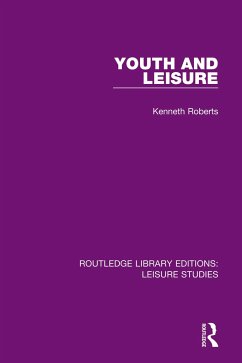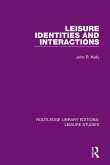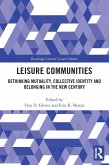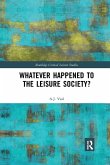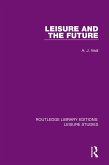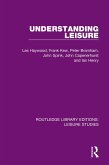First published in 1983. In the 1980s, as they are today, young people were remaining longer in education, and were leaving better qualified, if only to face unemployment rather than real jobs and progressive careers. Traditional gender divisions and roles are being challenged. In this study, Kenneth Roberts uses evidence from youth and leisure research to examine the ways that young people were responding to these trends. His book combines theories of adolescence, of the role and growth of leisure, and of the sources and consequences of post-war youth cultures. Roberts stresses and explains the persistence of class and gender divisions through trends in clothing, music and hair artistry, and predicts that these patterns will survive changes. He explains why, even during the era of affluent young workers, the freedom of adolescence remained superficial, for most young people at least. The majority had never been granted any real alternative to using their 'free' time and money to embrace traditional class and gender roles. Contrary to popular reputations, Youth and Leisure argues that, on balance, youth cultures exercised a conservative influence and that the more radical styles are nurtured by middle- and not working-class youths. The analysis has policy implications which are drawn together in the final chapter. Practitioners are advised to recognise that youth and leisure services cannot override divisions and tastes grounded in the wider social structure, but this does not mean that these interventions must be ineffective. Roberts explains how leisure education and provision can modify broader patterns and enable all young people to explore the leisure opportunities their circumstances allow.
Hinweis: Dieser Artikel kann nur an eine deutsche Lieferadresse ausgeliefert werden.
Hinweis: Dieser Artikel kann nur an eine deutsche Lieferadresse ausgeliefert werden.

